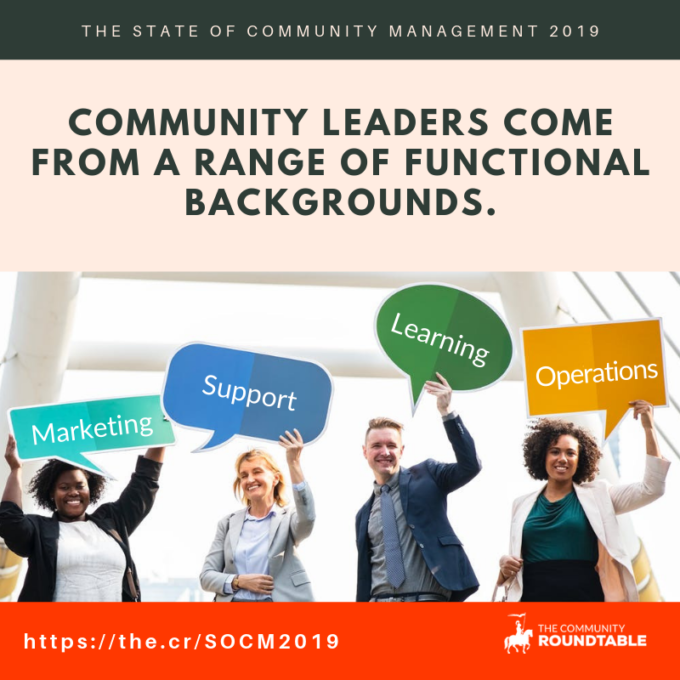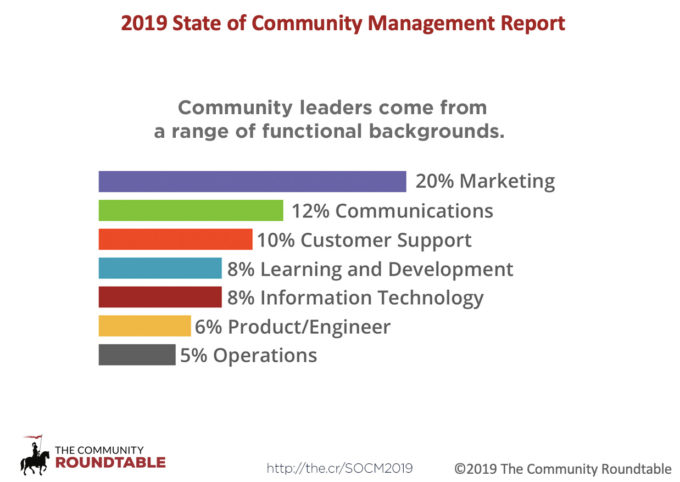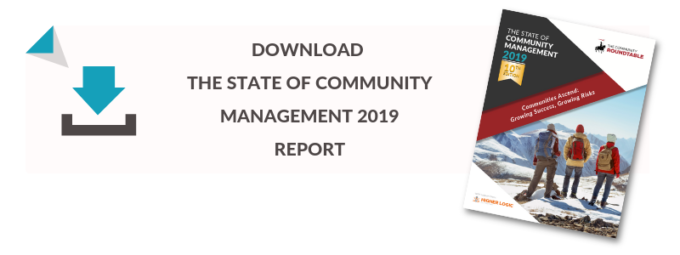
Community roles have long been misunderstood as positions “merely” requiring social skills and the ability to interact. In fact, they neither represent just one role nor are they simple. Great community leadership is mostly hidden work focused on enabling others to interact constructively in service of creating agile and collaborative cultures. This approach is far from easy to learn and community roles are more complex than most knowledge jobs because they require a deep understanding of people and power as well as the ability to make decisions in constantly shifting situations.
Community leadership employs influence and enablement to inspire and ensure people are rewarded for new behaviors. To do well, community leadership requires metacognition – the ability to understand one’s own thinking, how it differs from others, and how to bridge that divide. Community positions often require many adjunct specialties like strategy or content or are infused with expertise in one specific domain.
Community leaders typically come from a range of functional backgrounds, with the most common being marketing, communications, and customer support. The rest come from a variety of functional areas including product, strategy, communications, legal, sales, HR, consulting, operations, and even finance. This reinforces the fact that community building is a method of approaching any work versus the goal of work – and the best organizational communities are built to achieve a business objective. In fact, this is how many people come into a community leadership role – they identify a community approach as a better way to do the functional work that they have historically done.

Given the complexity of community leadership, it is no surprise than that the community professionals we surveyed had an average of 17.6 years of work experience and 6.3 years of community experience. The vast majority of community professionals have a college degree and a significant number also have a master’s degree. That earned them, on average, $107,807 in total compensation with a base salary of $98,569. Within the data, however, is a wide range of salaries, suggesting that job roles and salaries vary quite a bit. This is likely due to industry and geographic differences, but also suggests a lack of standardization and rationalization, which we see anecdotally. Because community leadership is an emerging field, those being hired often know more about the role, its demands, and its objectives than the hiring and Hr managers. This dynamic makes it a challenging field for both the people hiring and the people being hired.

Note: This post contains content originally published in the State of Community Management 2019 report. Download your free copy here.
